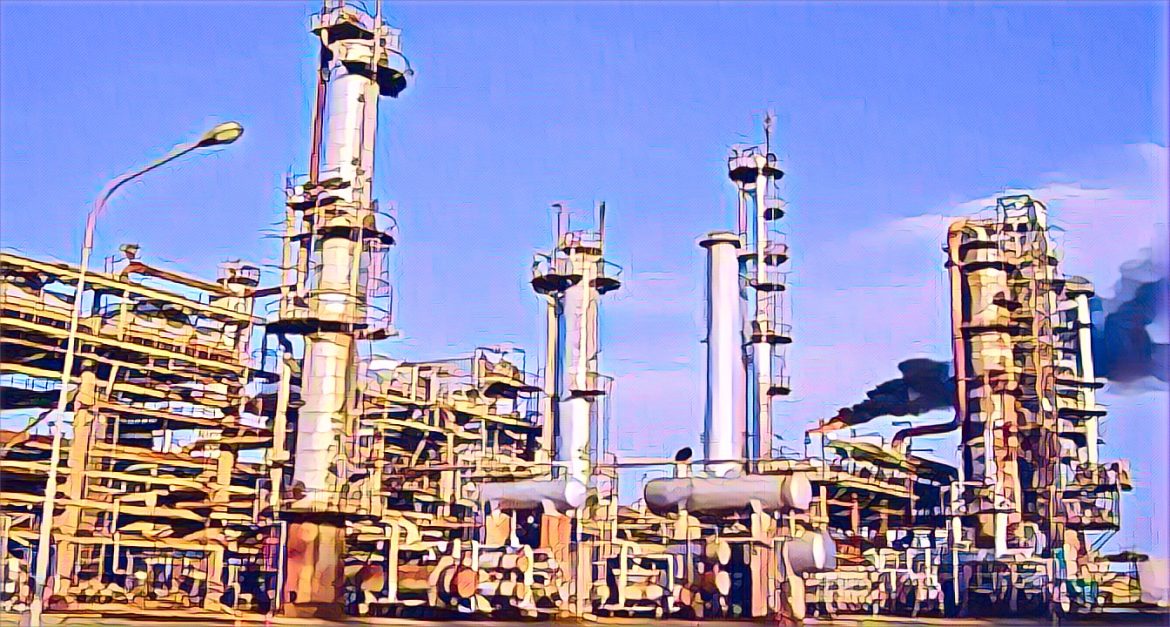The Dangote Refinery is facing persistent crude oil supply issues, which the company attributes to regulatory challenges posed by the Nigerian Upstream Petroleum Regulatory Commission (NUPRC). The refinery, one of Africa’s largest and most anticipated industrial projects, has struggled to secure a stable supply of crude oil, impacting its operational efficiency and production targets.
The Dangote Refinery, located in Lagos, was designed to transform Nigeria’s oil refining sector by reducing the country’s reliance on imported refined products and boosting local production capacity. However, since its commissioning, the refinery has encountered significant hurdles in sourcing adequate quantities of crude oil, a problem that has hindered its ability to operate at full capacity.
According to a statement from the refinery’s management, the issues stem from regulatory and bureaucratic obstacles imposed by the NUPRC. The company claims that the NUPRC’s regulations and procedures have delayed the approval and allocation of crude oil supplies, causing disruptions in the refinery’s operations. “The regulatory challenges we are facing with the NUPRC have severely affected our ability to maintain a consistent supply of crude oil,” said a spokesperson for the Dangote Refinery.
The NUPRC, established to oversee the upstream oil sector and ensure compliance with industry standards, has been criticized by the refinery for its handling of crude oil allocations. The regulatory body is responsible for granting licenses, overseeing exploration activities, and managing the allocation of crude oil to refineries and other buyers.
In response to the refinery’s accusations, the NUPRC has defended its practices, stating that it is committed to ensuring fair and transparent allocation processes. The commission has emphasized its role in maintaining industry standards and ensuring that all stakeholders comply with regulatory requirements. “The NUPRC is dedicated to supporting the growth of Nigeria’s oil and gas sector while upholding the highest standards of governance and accountability,” an NUPRC official said.
The crude supply challenges come at a time when Nigeria is grappling with a broader energy crisis. The country has faced shortages of refined products, frequent fuel price hikes, and disruptions in supply chains. The Dangote Refinery’s difficulties highlight the systemic issues within Nigeria’s oil sector, where regulatory and logistical challenges often impede the effective functioning of key infrastructure projects.
The refinery, owned by billionaire Aliko Dangote, is expected to play a critical role in addressing Nigeria’s fuel supply issues by providing a substantial volume of refined products domestically. However, the current supply problems threaten to undermine the refinery’s potential impact and delay the anticipated benefits for the Nigerian economy.
Industry experts have called for a resolution to the supply issues to ensure that the Dangote Refinery can operate at its full potential. They argue that addressing the regulatory challenges and streamlining the crude oil allocation process are essential steps in enabling the refinery to contribute effectively to the nation’s energy security and economic development.
Despite the setbacks, there is cautious optimism that the situation can be resolved. The Dangote Refinery has invested heavily in its infrastructure and technology, positioning itself as a key player in Nigeria’s energy sector. If the regulatory hurdles are overcome, the refinery has the potential to significantly enhance Nigeria’s refining capacity and reduce the country’s dependency on imported fuels.
As negotiations between the Dangote Refinery and the NUPRC continue, stakeholders hope that a mutually beneficial resolution will be reached. The goal is to ensure a reliable supply of crude oil to the refinery, enabling it to achieve its production targets and contribute to the stability of Nigeria’s energy sector.
The ongoing dialogue between the refinery and the regulatory body underscores the importance of effective collaboration between industry players and regulators. By addressing the challenges and fostering a conducive environment for investment and growth, Nigeria can enhance its energy infrastructure and support the development of its refining industry.
Source: BusinessDay Nigeria


